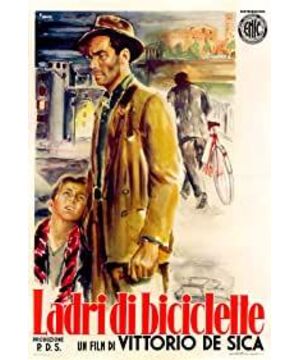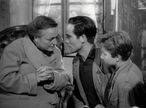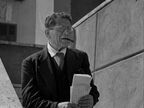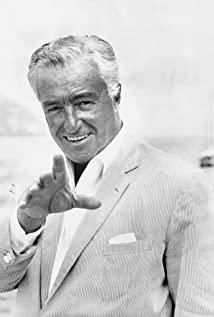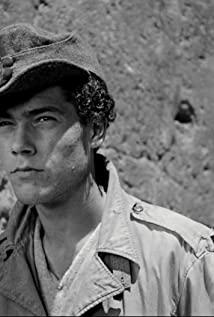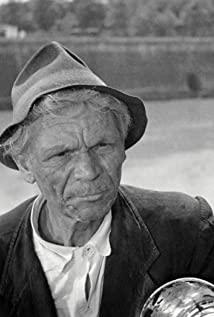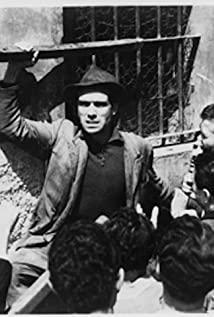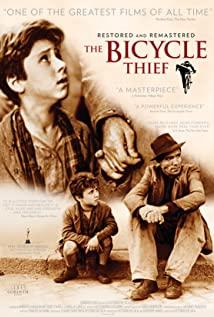At the beginning, the Antonio family is full of joy and contemplates the good days to come because of the new job, with music and sadness but not sadness. The wife suggested to go to see the goddess, and a steady stream of people went there to find psychological comfort, and the soundtrack was fantastic and mysterious. The wife wanted to thank the goddess who expected her husband to find a job, but was pulled back by the male protagonist. However, he wouldn't know that when he was desperate, he went to the goddess for help, and found nothing. Naked irony.
The child Bruno embodies extraordinary precocity. He took the initiative to help his father clean the car, and found a flaw that his father did not care about. He took the initiative to close the window, became an apprentice, accompanied his father to find a car in the market, and helped his father call the police. When the defense line collapsed, he firmly held his hand - although you hit me and you did something wrong, you are still my only father and my role model.
Children at the bottom of society were also a tragic product of the society at that time. When the male protagonist was taught how to put up posters, the children begging and performing arts on the street were severely ignored. When eating at a high-end restaurant, Bruno carefully ate the brushed bread that he would not eat once in a few months. He couldn't help but glance at the rich boy behind him with shiny hair and little fingers, and his eyes proudly enjoying the food.
The rules of the game in Italy, gangs commit crimes, one person steals, the other person stops the action, and the other person pretends to be a thief to confuse the sight. And Antonio, who didn't know the route, went to steal someone else's car after a strong ideological struggle, and was decisively pushed down by the real crowd.
He had three chances to get the closest to the bike, one by the thief's accomplice, one by the loot shop, and one by the thief. However, in front of the police, who are well versed in escaping criminal evidence, Antonio can only go home empty-handed.
When the policeman and the male protagonist were looking down at the group of people upstairs, they all looked upwards in unison, as if the pause button was pressed for the play that was being played happily. The woman holding the child across from him closed the window indifferently, which was not surprising to her. Neighbors all endorsed the young guy, saying that he never stole anything, not even a fly. In the end, Antonio became the enemy of the people and was blasted out of the block.
In this world, it is always difficult for the poor to be the poor.
In the soundtrack outside the stadium, from hesitation to the arrow on the string, Antonio, who was wandering beside the bicycle, already had 10 million grass and mud horses racing in his heart. After all, I still stole the car, but I didn't expect to be bumped by the owner. In the climax at the end, I can't see any shadow of acting. The whole character's tangled mentality, eyes, and actions are smoothly and naturally expressed by this non-professional actor. Because he was also one of the unemployed dogs deeply affected by the post-World War II economic collapse.
Although the father's noble image is no longer there, he is still the only father in the eyes of the child. Witnessing his father's soul-like eyes staring straight ahead, the child wiped away his tears and took the initiative to hold his father's hand.
They took advantage of the sunset and walked to the distance with the crowd. Where is the distance? Where is the future? This is what Desica wants the audience to think for themselves.
View more about Bicycle Thieves reviews


